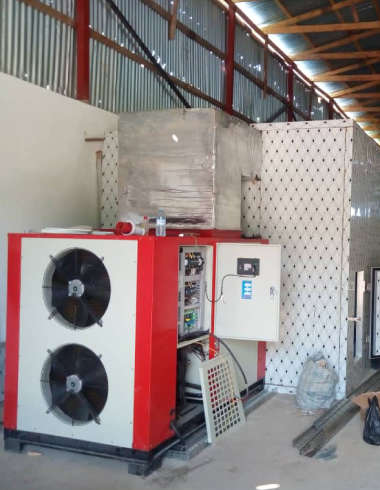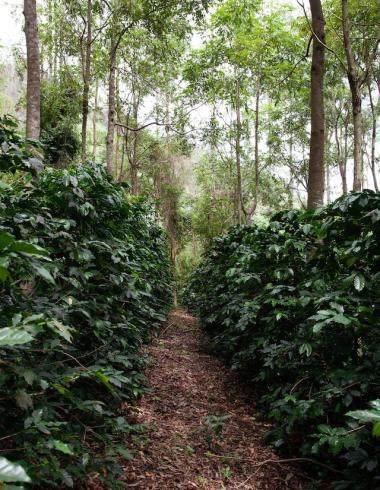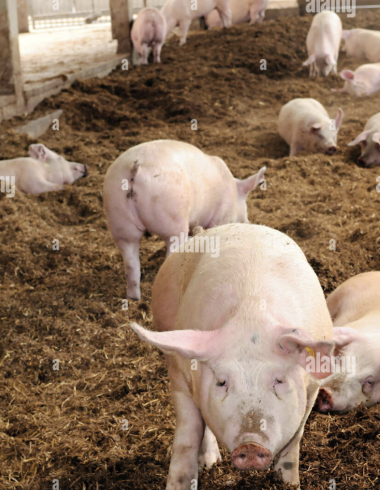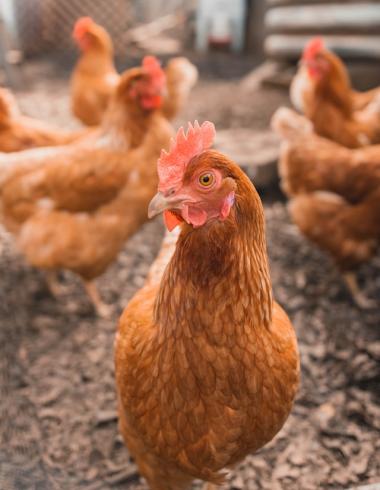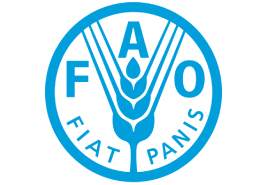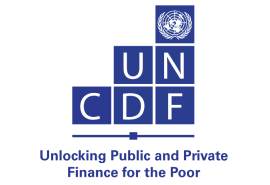LIMA Farm run by Lira Magoya investment company is a social enterprise that is currently operating in Oroko Parish, Palaro Sub- County Gulu District. With a current overall acreage of 250 acres of land available; and over 30 acres of high yielding, drought and disease resistant NAROCAS 1 cassava variety planted.
LIMA Farm has the vision of becoming the number one cassava multiplication farm for this variety as well as a leading producer of high-quality cassava flour in Uganda. Alongside the cassava, LiMA farm is also rearing chicken for meat and eggs; and pigs at a commercial scale
At LIMA Farm, we advocate, influence and educate cassava farmers to preserve their success; we have practical experience in sustainability planning, Rural development planning, crop management, Weed scouting and control.
We work mainly with Women and the youth in our farm to carry out land clearance, planting and weeding; Community members are beginning to see the potential of increased livelihood options from the Farm.
We have established a community of 150 farmers as out-growers for cassava with the aim to further expand this number to over 3000 regular and committed out-growers. These out-growers are both community members around our farm establishment as well as refugees from the Palabek Refugee Settlement.
Palaro Sub-county continues to remain one of these areas in the greater North that have access to vast acreages of land but do not have the adequate capacity to clear and plough these as well as accessing ready market for their produce given the very poor road infrastructure coupled with the long distance to Gulu the major town center.
Palaro Sub-county also happens to be one of those areas where people were displaced longest during the conflict and as a result, the current generation is ever more vulnerable to poverty. Women as always, who are the backbone of this social fabric, bear the brunt of this poverty as they have to work extra hard to provide for their families; However, many have also resorted to alcohol production and negative coping mechanisms due to lack of economically empowering activities in the area.


